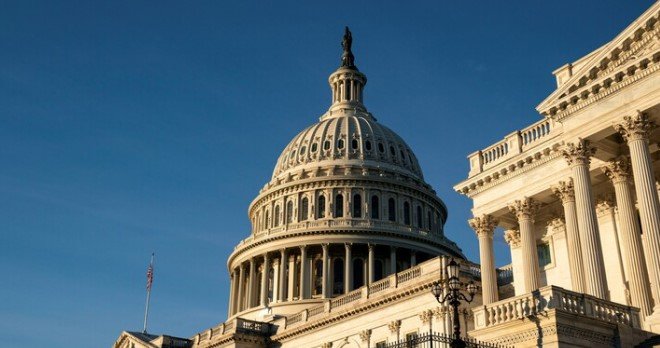Allegations of Fraudulent Funding
The Helsinki Commission’s report highlights a troubling network of scam call centers that allegedly funnel black money to Georgian Dream. These call centers, operating globally, are said to generate substantial illicit profits through fraudulent schemes. The funds are then purportedly used to support GD’s political activities and suppress opposition voices. This revelation has raised alarms about the extent of corruption and the potential manipulation of democratic processes in Georgia.
The Commission’s findings are based on extensive investigations and testimonies from various sources. The report details how these call centers operate, targeting vulnerable individuals with deceptive tactics to extract money. The illicit gains are then laundered through complex financial networks before reaching GD’s coffers. This sophisticated operation underscores the challenges in tracking and curbing such activities.

The allegations have prompted calls for immediate action from both domestic and international stakeholders. There is a growing demand for thorough investigations and stringent measures to dismantle these fraudulent networks and ensure that political financing in Georgia adheres to legal and ethical standards.
Impact on Georgian Politics
The implications of these allegations are profound, casting a shadow over the legitimacy of Georgian Dream’s political activities. The reliance on black money not only undermines the party’s credibility but also erodes public trust in the political system. The opposition has seized upon these revelations to demand greater transparency and accountability from the ruling party.
The controversy has also intensified scrutiny on Georgia’s regulatory framework for political financing. Critics argue that existing laws and enforcement mechanisms are inadequate to prevent the infiltration of illicit funds into the political arena. The Helsinki Commission’s report has reignited debates about the need for comprehensive reforms to strengthen oversight and ensure the integrity of political processes.
The international community’s response to these allegations will be crucial in shaping the future of Georgian politics. Diplomatic pressure and support for anti-corruption initiatives can play a pivotal role in addressing the systemic issues highlighted by the Commission. The situation also underscores the importance of global cooperation in combating transnational financial crimes that undermine democratic institutions.
Calls for Action
In light of the Helsinki Commission’s findings, there is a growing consensus on the need for decisive action to address the issue of fraudulent funding in Georgian politics. The Commission has urged the U.S. State Department to impose sanctions on individuals and entities involved in these illicit activities. Such measures are seen as essential to disrupt the financial networks supporting GD and to send a strong message against corruption.
Domestic stakeholders, including civil society organizations and opposition parties, are also mobilizing to demand accountability. There are calls for the establishment of an independent investigative body to probe the allegations and bring those responsible to justice. Strengthening legal frameworks and enhancing the capacity of regulatory agencies are seen as critical steps in preventing future abuses.
The Helsinki Commission’s report has also highlighted the need for greater public awareness and engagement in the fight against corruption. Educating citizens about the risks and consequences of fraudulent political financing can empower them to hold their leaders accountable. Transparency initiatives and whistleblower protections are vital components of a robust anti-corruption strategy.
The Helsinki Commission’s allegations against Georgian Dream have exposed a deeply troubling aspect of political financing in Georgia. The reliance on black money from fraudulent call centers poses a significant threat to the integrity of the country’s democratic processes. Addressing this issue requires concerted efforts from both domestic and international actors to ensure transparency, accountability, and the rule of law in Georgian politics.
